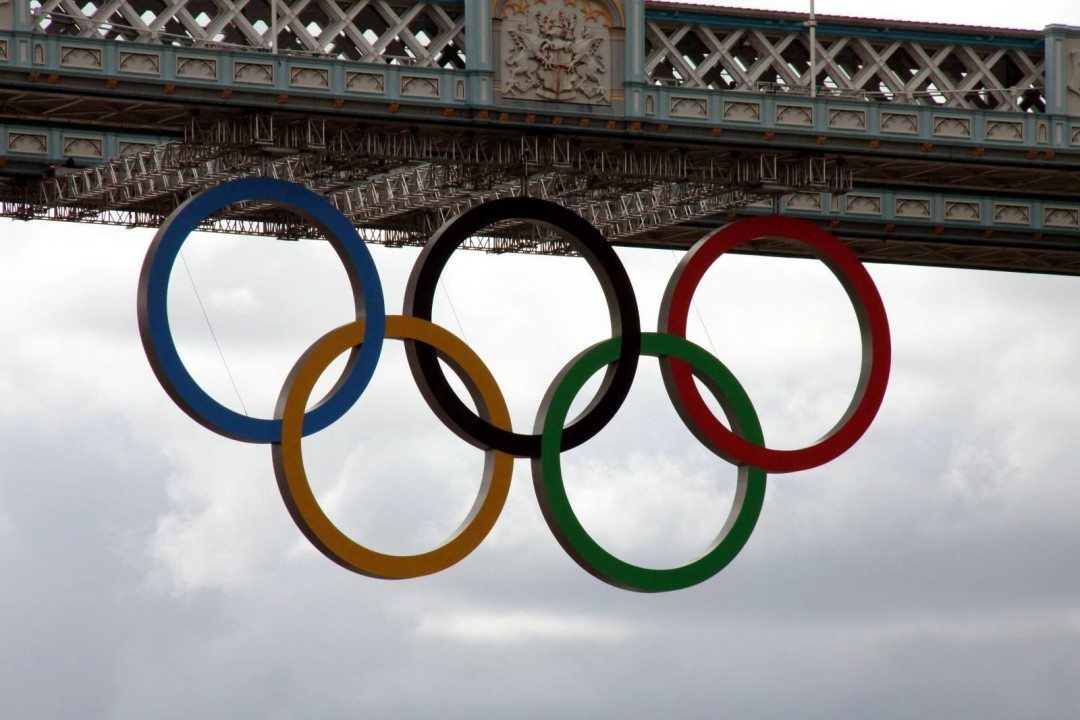In a press release titled “It’s time for Africa” the International Olympic Committee (IOC) has declared its intentions to pursue African cities as hosts of the 2022 Youth Olympic Games (YOG).
Earlier this week the IOC revealed an updated set of standards and processes for selecting future Olympic hosts known as the “New Norm.” The New Norm will primarily attempt to ensure that all future Olympic host cities are better off economically and culturally after hosting the Games–or at the very least, that hosts are not left financially crippled when the Games leave town.
The IOC hopes to elect an African host for the 2022 YOG at its upcoming session in Buenos Aires in October. The IOC’s session will also coincide with the 2018 Youth Summer Olympics which are taking place in Buenos Aires October 6th – 18th.
IOC President Thomas Bach said the organization will “proactively approach a number of African [National Olympic Committees] to evaluate the feasibility of such a project.”
Unlike the 2004 Athens Olympics and the 2016 Rio Summer Games, among others, the IOC and African NOCs will rely on existing infrastructure and temporary venues to stage the YOG events. Furthermore, “enhanced flexibility and adaptation to the local context, with the event to be used as a catalyst for wider youth and sport engagement programmes” is being emphasized.
Similar to the invitation to bid that the IOC will strive to implement for selecting the host of the 2026 Winter Olympics and future iterations of the Games thereafter, the IOC wants to make hosting the Youth Olympics affordable to small and medium-sized cities and replace the current candidature and bidding process with a “competitive dialogue approach.”
The IOC believes a successful 2022 YOG could be a “catalyst” for future sports development in Africa. In September 2017 the IOC, with the help of the United Nations Refugee Agency (UNHCR), launched the Olympic Refuge Foundation as a way of creating “safe, basic and accessible sports facilities in areas where there are refugees, a displaced migrant population and internally displaced people.” Projects are currently underway in Rwanda and Ethiopia, and in 2016 eight African athletes competed in the Rio Olympics as members of the first-ever Refugee Olympic Team.
Though it is apparent the IOC wants to help African countries produce more home-grown Olympians and Olympic medalists, Africa’s most successful swimmers have traditionally flocked to American universities to further their careers in the pool. Zimbabwe’s Kirsty Coventry, who has won a total of seven Olympic medals, two of which are gold, trained at Auburn University. Oussama Mellouli is another African-born Olympic gold medalist who trained abroad after leaving Tunisia at age 15. Mellouli first went to France to attend high school, and in 2003 moved to the University of Southern California where he trained for three Olympic Games. Mellouli is the first African man to ever win an individual Olympic medal in swimming and was honored as Tunisia’s flag bearer during the opening ceremonies of the 2016 Olympic Games in Rio.
African record holder and world champs bronze medalist Farida Osman, who represents Egypt, also currently trains in the US at Cal Berkley. Osman placed 12th in the 100m butterfly in Rio, and at last summer’s world championships in Budapest she placed 3rd in the 50 fly, winning Egypt’s first-ever world championship medal in swimming, resetting the African record in the event three times.
South Africa, on the other hand, has produced several home-grown Olympic medalists. At the 2012 Olympic Games in London, Cameron van der Burgh became the first-ever African swimmer to win an Olympic medal by training exclusively with his club in South Africa. Days later countryman Chad le Clos stole the spotlight by edging out Michael Phelps and winning gold in the 200m butterfly. Later in the meet le Clos got by on the podium in a tie for silver in the 100m butterfly. Both le Clos and Van Der Burgh have remained highly successful since 2012, and have been joined by others such as Calvyn Justus, who is going to be a medal threat in the 100 freestyle and 100 backstroke at this year’s Commonwealth Games. South Africa has also demonstrated that it is dedicated to producing more home-grown world-class swimmers by adding two 15-year-olds to its Commonwealth Games roster.
Prior to 2012, South Africa had been successful in Olympic swimming, producing multiple Olympic finalists, and in Athens 2004 a gold medal by way of the 400m freestyle relay team of Roland Schoeman, Lyndon Ferns, Darian Townsend, and Ryk Neethling, which also toppled the world record. Each one of the swimmers on that relay, however, had trained at the University of Arizona and still resided in Tuscon.
Given the success of South African swimmers over the past couple decades, perhaps the IOC should look to the nation and its NOC as a case study in how to foster both enthusiasm and success in youth sports in Africa generally. The recent appointment of Kirsty Coventry as the IOC Athletes’ Commission Chairperson should also help the effort to encourage elite sports in Africa.
The Youth Olympics, like the standard Games, follow a quadrennial cycle of summer and winter games, which means the 2020 YOG will be a Winter Games, hosted in Lausanne, Switzerland, home of the IOC headquarters.
